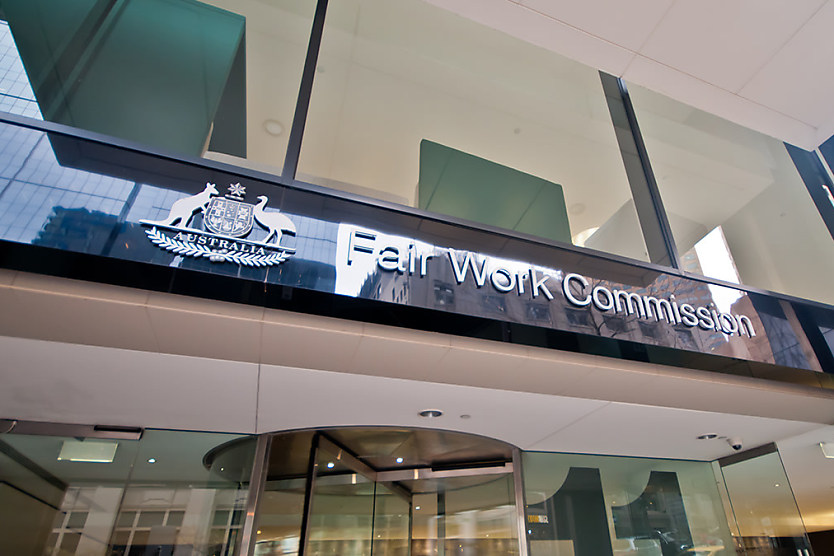Services Australia’s treatment of mentally distressed employee ‘harsh’
SHARE THIS ARTICLE

Services Australia will compensate an employee who was dismissed amid bullying complaints and significant mental health distress.
The Fair Work Commission ordered Services Australia to compensate an acting senior project officer who sent his March 2025 termination letter while in the throes of a mental health breakdown.
Deputy president Tony Slevin said the dismissal was harsh because the government agency treated the resignation as a termination of his employment immediately, rather than waiting a reasonable time and checking that it was his genuine intention to resign.
While Services Australia staff were not criticised for their approach to the employee during the breakdown, Slevin said there should have been more care taken and communication with him should have been kept to a minimum, so he could instead focus on his health.
Further, Slevin found Services Australia’s conduct between 11 February and 17 March 2025 “was such that the probable result of that conduct was that [the employee] had no effective or real choice but to resign”.
The employee began his employment with Services Australia in March 2023 and was quickly promoted into more leadership positions.
He was granted a transfer from the Toowoomba office to the Maryborough Smart Centre in March 2024, where he alleged a lot of his issues began, starting with a “significant” mould infestation.
During the latter half of 2024, the employee alleged he was mistreated, undermined, and subjected to bullying from a subordinate.
He ceased working from 10 February and provided a doctor’s certificate that stated he had zero capacity to work due to the alleged “detrimental affect his work was having on his mental health”.
During a meeting with two supervisors on 13 February, the employee raised concerns about the conduct of other staff and requested that he be transferred to the Hervey Bay service centre on a three-month trial.
The following day, the employee was advised that the transfer could not be accommodated because there were no vacancies and that he was to remain at the Maryborough office on his current arrangements.
Around this time, the employee was also engaged in tense communications with Services Australia’s respect team, which assesses concerns related to bullying and other inappropriate behaviour.
Services Australia gave evidence that it was unusual for the respect team to engage with employees who were medically unfit to work, but would respect their wishes if they chose to reach out.
While one of the members of the respect team took the view that it would be best to tell the employee to get well before advancing any complaints, the employee continued on with other members.
Slevin accepted they were faced with “a difficult situation” because the employee insisted on engaging when he should not have, but the ongoing communication was “unwittingly exacerbating his condition”.
“The ongoing contact and the repeated re-agitation of the complaints that had given rise to [the employee’s] emotional stress put him in a state of mind the probable result of which was him giving up in the way he did and resigning,” Slevin said.
Had there been one point of contact, that person would have concluded the employee needed a break from work, and he would have been told to focus only on his health, Slevin added.
“I note that this observation is made with hindsight, but consider that there were sufficient signs at the time that should have led to a different approach being taken,” the commission said.
RELATED TERMS
An employee is a person who has signed a contract with a company to provide services in exchange for pay or benefits. Employees vary from other employees like contractors in that their employer has the legal authority to set their working conditions, hours, and working practises.
When a company terminates an employee's job for improper or illegitimate reasons, it is known as an unfair dismissal.
